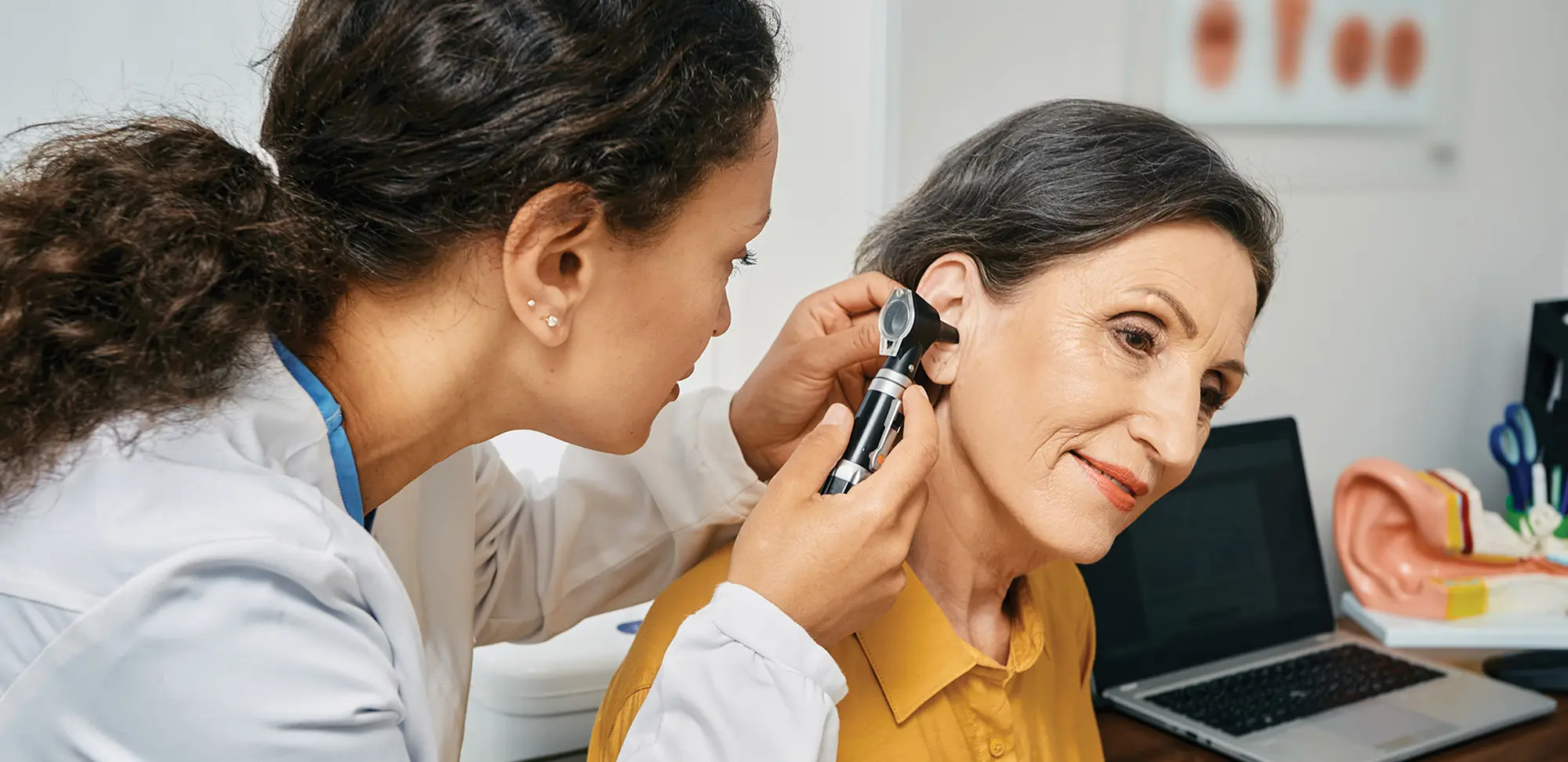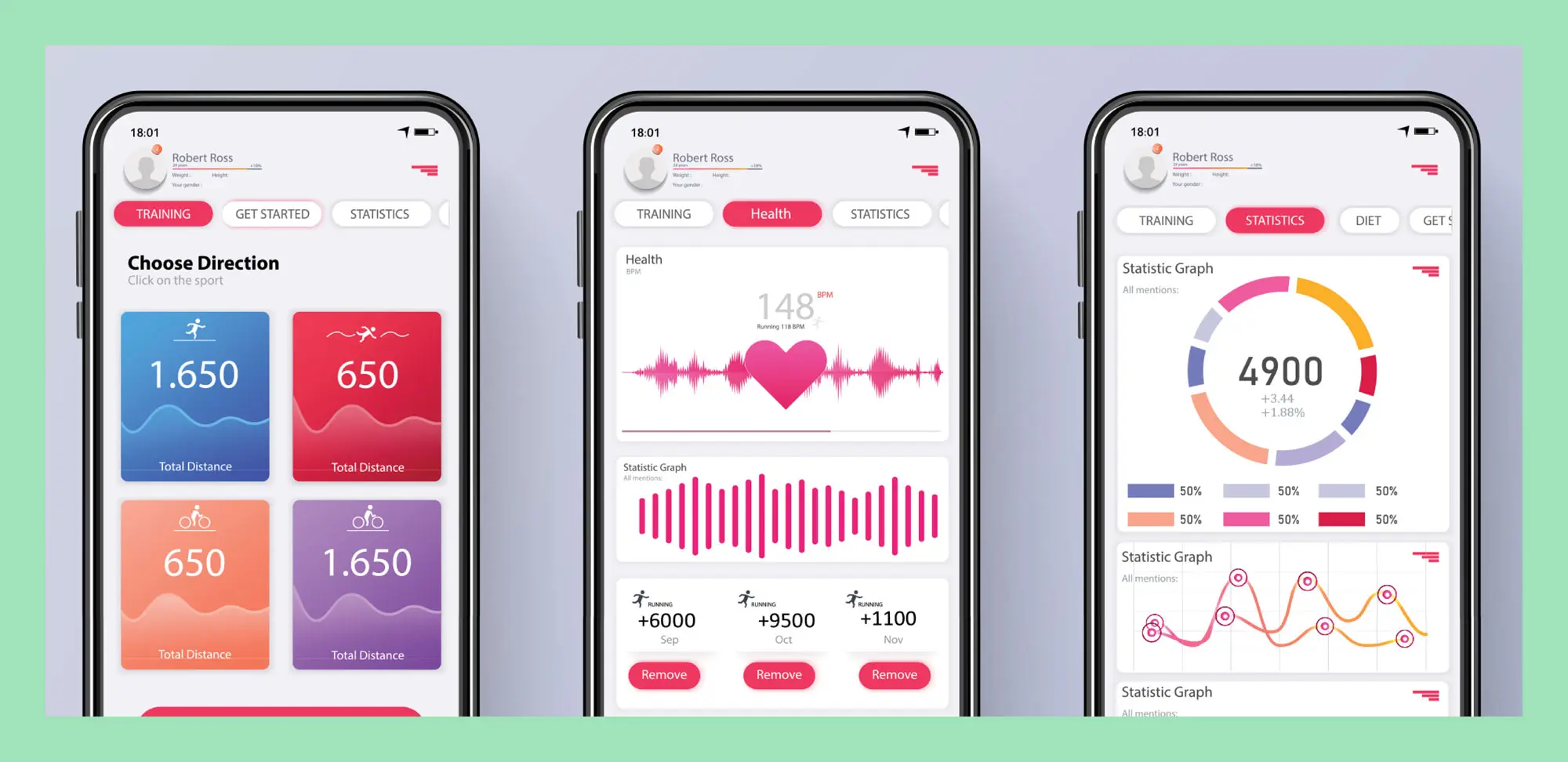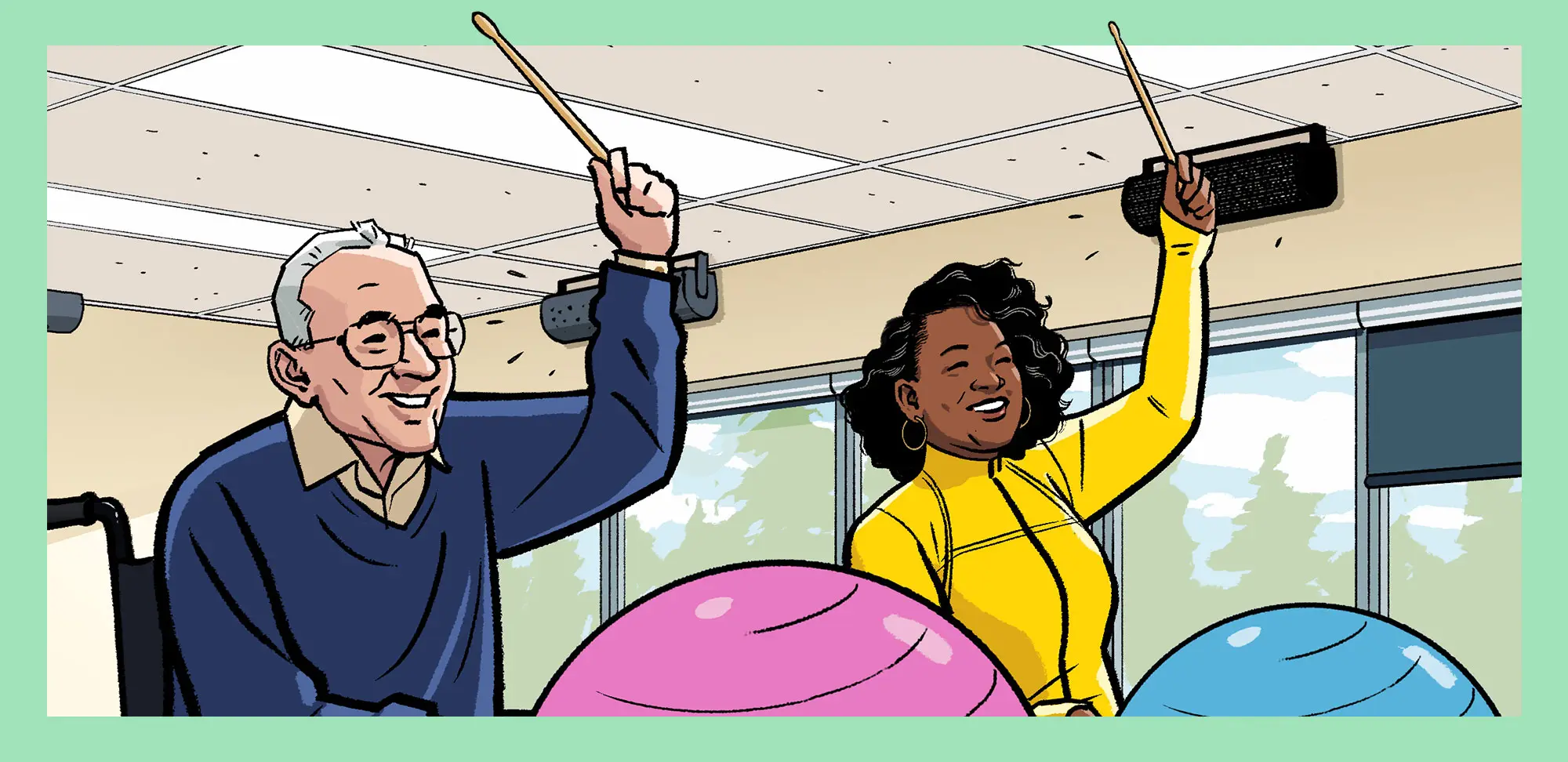As with many health issues, hearing gets progressively worse as we age. Only about five per cent of adults aged 18 to 39 report hearing loss, but that increases to 19 per cent in people 40 to 69 and jumps to 43 per cent among those 70 and up.
A first sign your hearing is going may be trouble distinguishing voices from background noise. Ringing in your ears, called tinnitus, is another possible early signal of hearing loss.
Moderate to severe hearing loss (inability to hear frequencies below 40 decibels) can affect quality of life and lead to falls, depression, social isolation and even dementia.
Hearing loss and depression
Hearing loss is associated with an increased risk for depression, a review of the literature shows.
After searching academic databases, Australian researchers identified 35 relevant published studies that included a total of 147,148 participants. Overall, hearing loss was associated with a 47 per cent greater chance of depression in older adults. The study was published in The Gerontologist.
Hearing loss affects cognition
Hearing loss can lead to difficulty with walking and falls, and emerging research shows it can also raise risks for dementia.
A study from Johns Hopkins University tracked 639 adults for nearly 12 years. It found that mild hearing loss doubled dementia risk and that moderate loss tripled the risk. People with a severe hearing impairment were five times more likely to develop dementia.
Genes may be a culprit
In addition to age, certain medications, head injuries, infections and exposure to loud noise can contribute to hearing loss. You can now add genes to that list.
A study by researchers at Uppsala University in Sweden showed that genetic variations affect the structures of the cochlea, the hearing organ in the inner ear.
The findings, published in BMC Medicine, not only shed light on the biological mechanisms underlying age-related hearing loss but also set the groundwork for developing prevention strategies such as new drugs.
Older people aren’t getting hearing tests
Many older people may not realize they’ve lost some hearing unless they’re screened or tested.
In a survey of more than 2,000 U.S. adults aged 50 to 80 years, 80 per cent reported that their primary care doctor hadn’t asked about their hearing in the past two years.
The survey showed men are more likely than women to have had a recent hearing test, and those aged 65 to 80 were more likely than younger people to have had such a test. But even among men and older respondents, 72 per cent said they hadn’t been tested.
The findings came from the National Poll on Healthy Aging at the University of Michigan’s Institute for Healthcare Policy and Innovation.
And they aren’t wearing hearing aids
A report by SeniorLiving.org, a group that tracks research related to aging, indicates many adults with hearing loss don’t use hearing aids.
The group surveyed 644 adults age 55 and older about their hearing. This included 176 adults who have been diagnosed with hearing loss.
The study found that 58 per cent of respondents with hearing loss did not use a hearing aid. Men were more likely than women to report using a hearing aid, which makes sense, as they’re more likely to suffer hearing loss.










